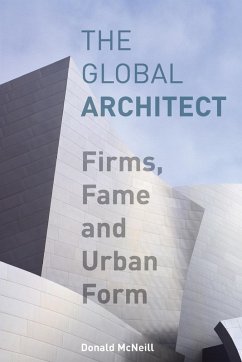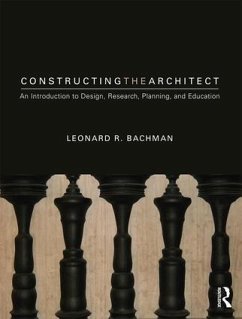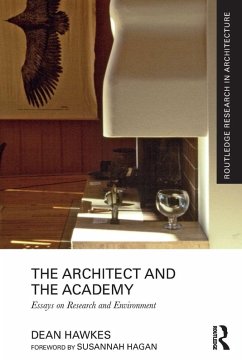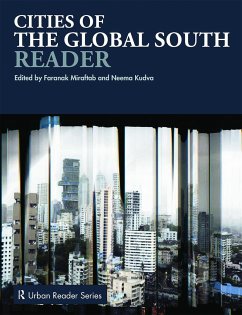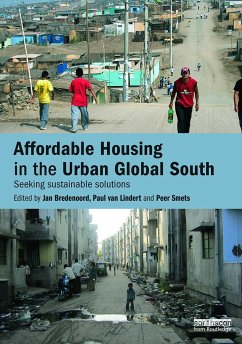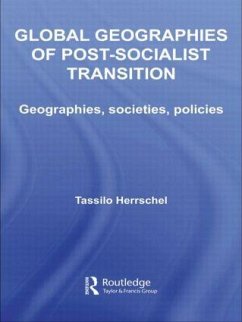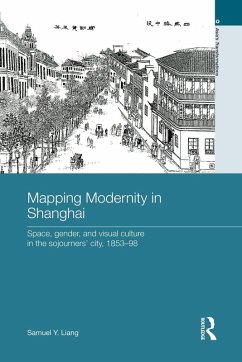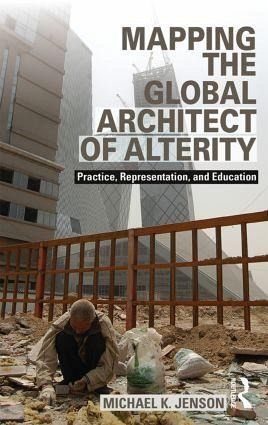
Mapping the Global Architect of Alterity
Practice, Representation and Education
Versandkostenfrei!
Versandfertig in 1-2 Wochen
51,99 €
inkl. MwSt.
Weitere Ausgaben:

PAYBACK Punkte
26 °P sammeln!
Due to globalization, cultural spaces are now developing with no tangible connection to geographical place. The territorial logic traditionally used to underpin architecture and envision our built environment is being radically altered, forcing the adoption of a new method of conceptualizing space/geography and what constitutes architectural practice. Construction techniques, design sensibilities, and cultural identities are being transformed as technology transports us to places that were previously unreachable. The resultant "globalized" architect must become more than just an artful visiona...
Due to globalization, cultural spaces are now developing with no tangible connection to geographical place. The territorial logic traditionally used to underpin architecture and envision our built environment is being radically altered, forcing the adoption of a new method of conceptualizing space/geography and what constitutes architectural practice. Construction techniques, design sensibilities, and cultural identities are being transformed as technology transports us to places that were previously unreachable. The resultant "globalized" architect must become more than just an artful visionary, but also a master of the art of the political nudge willing to act within multiple mediums and at the simultaneous scales of a chaotic new world disorder. Though fearless they must also be responsible, inherently understanding the necessity to align bold visions with the mundane details of the everyday in ways that are culturally flexible and accepting of change. The potential for what must be considered the legitimate practice of the architect must move from a purely material venue to one more directly engaged in the chaos of the larger economic, political, and social spheres of a globalizing world. The issues and possible interactions with globalization contained in this text exemplify ways that architecture is transforming into a more flexible and fluid interdisciplinary version of its traditional self in order to rise to challenges of this new international terrain. A theme runs throughout in the form of a call: that architects must conceptually re-construct their frames of reference to better align with the demands of a rapidly globalizing world.





